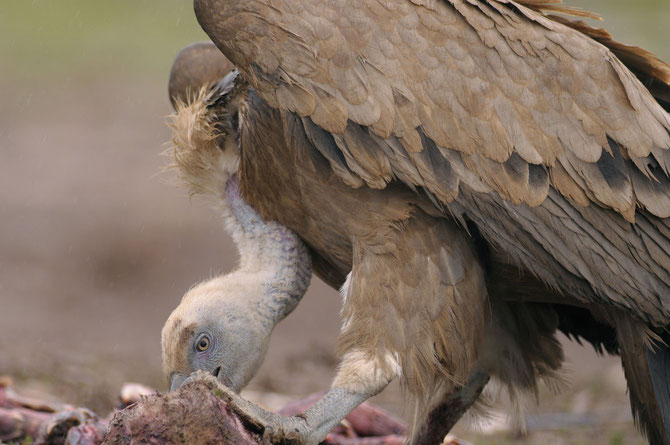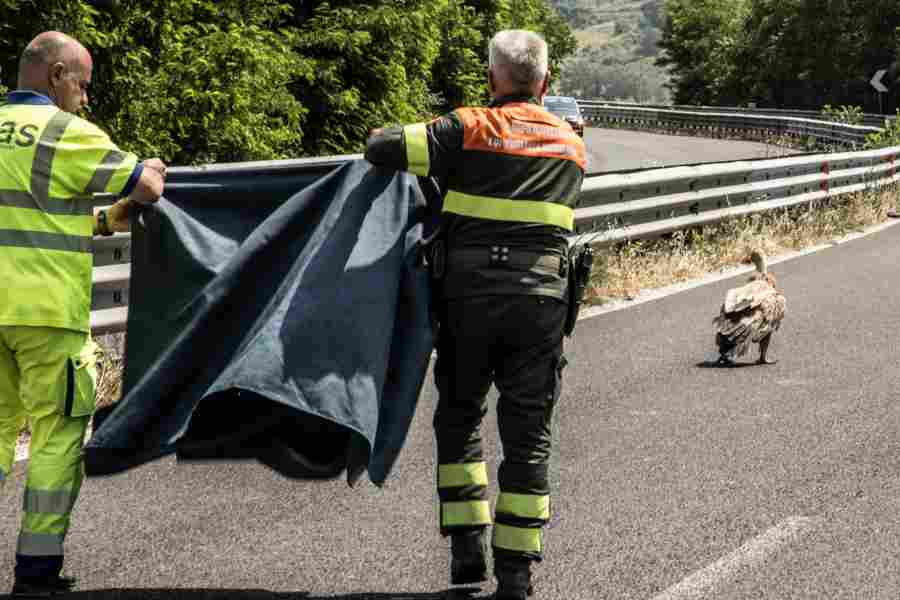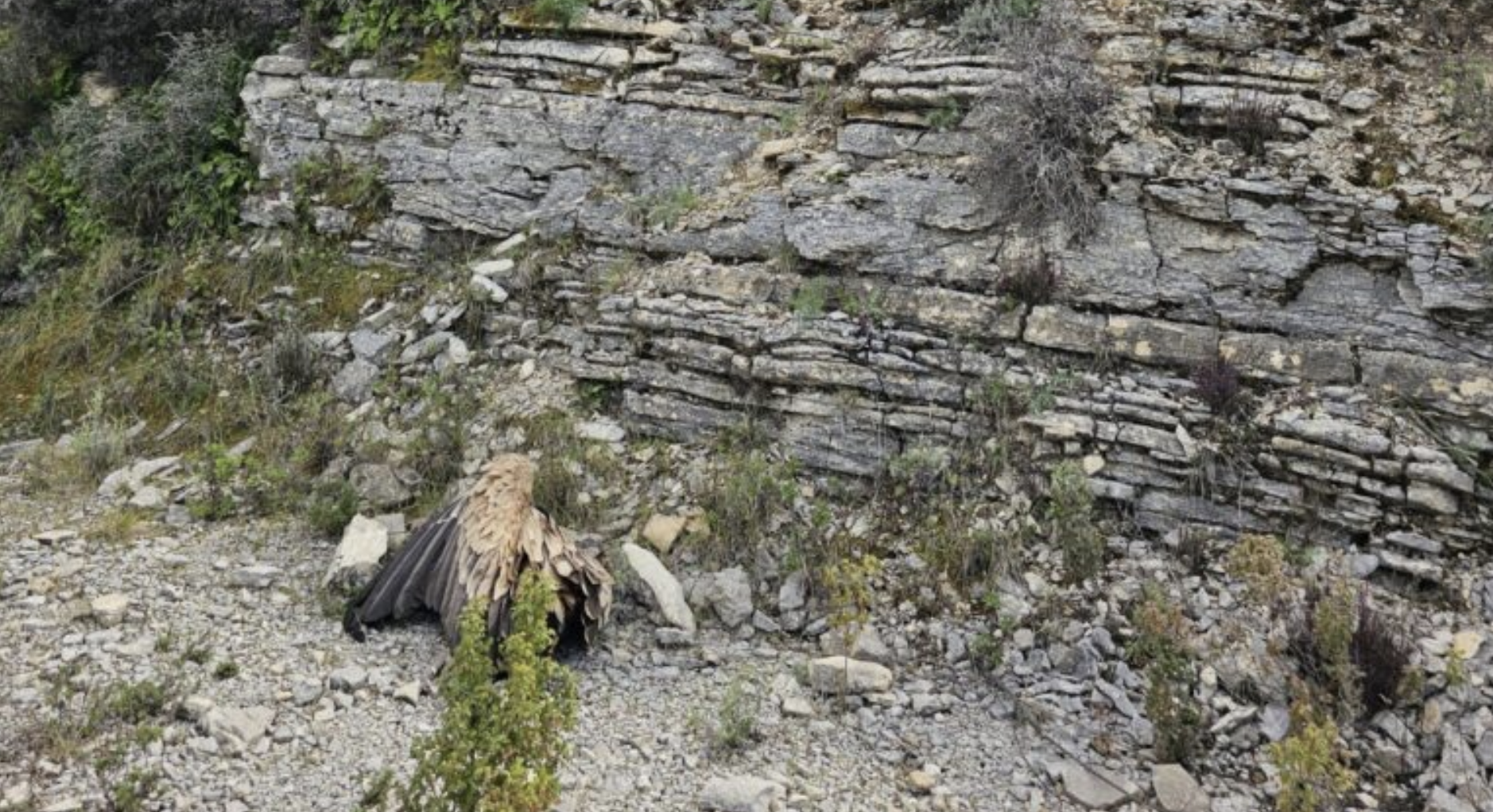
Once again we saw in the press an alarmist report about an alleged case in which Griffon vultures kill a newborn calf and an adult cow in Spain. Weeks ago a video of a livestock breeder complaining that Griffon vultures had killed a flock of his sheep went viral. And a few days later, it was proven that in fact, feral dogs killed the sheep and not vultures. Perception is one thing. Reality is a different story.
Let’s gather the facts before making allegations
The Vulture Conservation Foundation has been collating records and investigating this issue. We produced a position paper on alleged attacks of vultures to cattle that compiles all the latest available information, which can be downloaded below. All evidence from the field comprises data that is checked and corroborated by experts. This data suggests that the number of incidents where vultures “attack” and kill a live animal is very small, and almost always concerns animals that are mortally wounded, immobile, very sick or otherwise impaired. It is highly implausible for vultures to kill healthy and moving animals.
The vast majority of cases reported, like the ones in Tauste and now in Castellón, seem to be the result of perception. We urge the authorities to investigate the latest alleged incident and to obtain the facts.
Contrary to what is written in the most recent press report, Griffon vultures (and other European vultures) do not find dead meat by smell – rather, they use visual cues. Vultures are not attracted by the smell of blood!
Vultures – monsters or useful garbage collectors of our fields?

Contrary to popular belief, vultures are extremely useful for the livestock breeder, the farmers and the society at large, as they detect and clean dead animals from our fields. In Spain, the current veterinary regulations allow for partial abandonment of dead animals in the fields, as vultures quickly detect and eat those carcasses. This saves the farmers hundreds of thousands of Euros in insurance payments every year. And for our society, it saves the harmful greenhouse gases that would be produced if those animals had to be picked up and taken to incineration.
Due to this, it is not really necessary to build supplementary feeding stations (“muladares”) as the reports suggest. In most of Spain vultures have enough food – carcasses that die in the fields. Muladares can actually have adverse effects if built without a specific conservation aim. By concentrating vultures (especially the abundant Griffon vulture) in one spot and making them used to a human-delivered food source, they can potentially become more vulnerable to some threats.
In short – the incident reported may not have been as presented, and the solution preconised is not the right one. Vultures have their place in the Iberian countryside, alongside livestock breeders, farmers, hunters and others.
Let’s collaborate and communicate, striving for factual, objective information and data to inform our decisions before influencing the perception of others.



